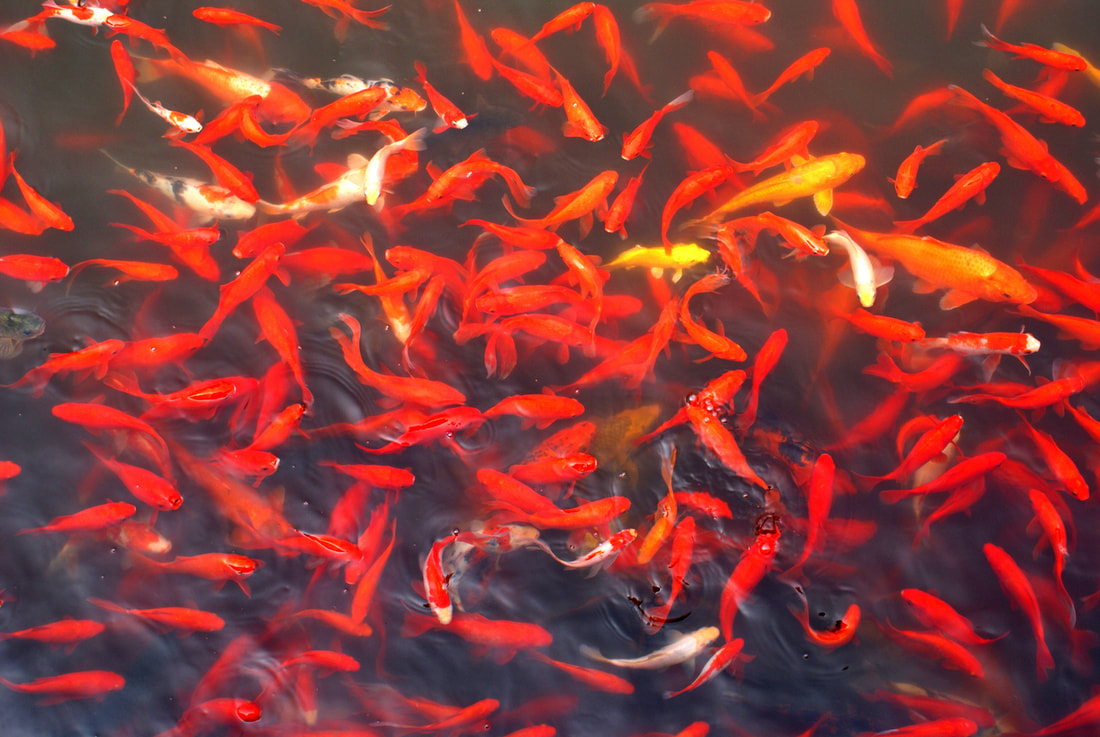However, the most important factor was to know the bull was fertile, and had a good sperm count. This is mainly down to genetics and breeding, but external matters can be an influence.
Today there are fewer bulls on livestock farms as artificial insemination (AI) is the norm. This is mostly provided by firms such as Genus Breeding. Their cutting edge technology is used to maximise the potential of beef and dairy farms throughout the world.
In 2015 Picston Shottle, their top stud bull died, having given over 15 years’ service to Genus. Shottle became the first bull to produce and sell more than one million doses of semen. He left an impressive legacy of 100,000 daughters in dairy herds across 22 countries.
His story is in stark contrast to the report last week of a study that showed that sperm levels among Western men have plunged more than 50 per cent in 40 years, and show no sign of slowing.
Scientists believe the amount of chemicals used in everyday products and industry may be behind the crises.
Worryingly the results have broader public health implications, as studies have shown that low sperm count is also associated with other health problems – including cancer and heart disease.
Further research is required to identify which particular chemicals contribute to the falling sperm counts, as fertility rates in the Western world are among the lowest across the globe. North American couples have an average of 1.9 children, compared with 4.7 children per couple in Africa, according to the 2015 U.N. report.
If declining sperm counts reduce fertility, then that problem is likely to be compounded by women delaying pregnancy until they are in their 30s, according to Richard Sharpe, honorary professor at the MRC Centre for Reproductive Health at the University of Edinburgh.
That “double whammy,” as the professor calls it, can have serious consequences, since alternative methods of conception can often be costly and less effective as women age.
“Hopefully, this new study will serve as a wake-up call for health and research authorities, as well as for the public,” he said, “and for young people in particular.”
Not mentioned in the report surprisingly, are the hormones such as synthetic oestrogen, which remain in the water supply despite passing through sophisticated filters. Studies have shown they are responsible for nearly half of male fish changing sex.
The Pill, which promised to avert a catastrophe by helping to slow population growth, is now responsible for feminising males in the western world. A time bomb which has been slowly ticking in our rivers and water supply.
Looking around our city streets, it does not take a genius to note the damage has already been done.
This is a massive and very complex problem and it is difficult to predict how things will change. Unfortunately there is no reset button, and we cannot quickly put things back the way they were, if at all.
It is often said when groups of people behave in an unconventional manner, that it must be ‘something in the water’. When it comes to the current gender bender tinderbox, it is spot on.
I am not convinced that Education Secretary Justine Greening is being helpful or for that matter kind to anyone, by clouding the water with her proposal to make it easier for transgender people to change sex, and have their birth certificates altered.
Unless Ms Greening spends more time concentrating on improving our children’s education and sticking to the party line, and less time promoting a minority culture, I suggest she is swiftly returned to the back benches.


 RSS Feed
RSS Feed